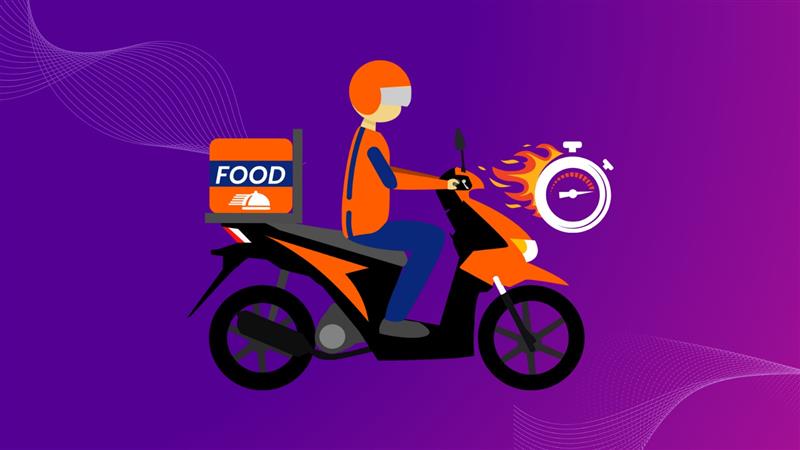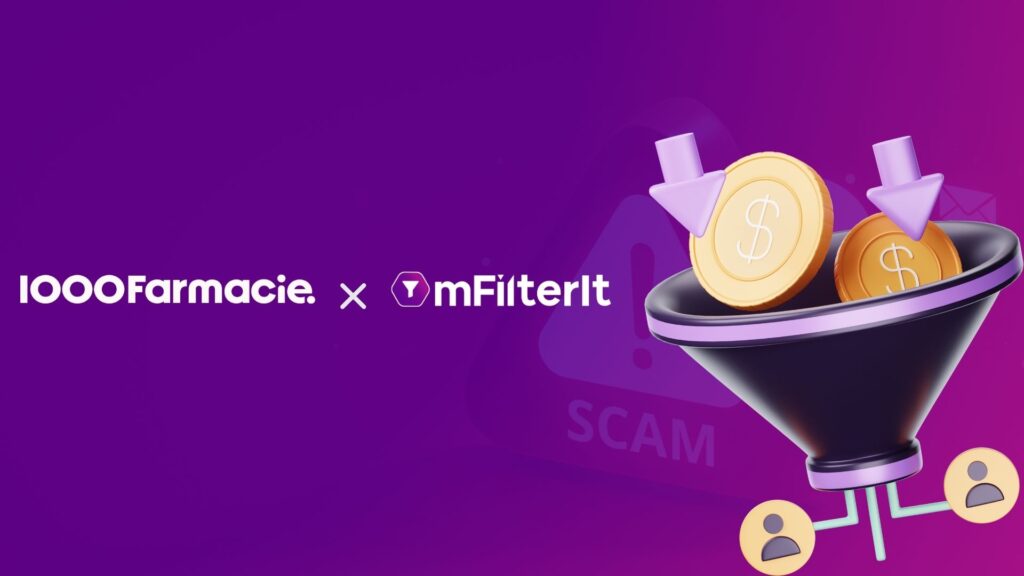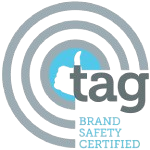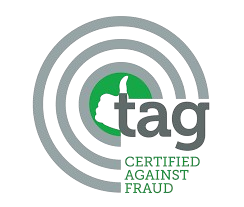Old habits die hard. But the onslaught of a pandemic caused a significant change in habits and with new habits becoming the ‘new normal. This also caused a dramatic change in how brands reach their customers. The post lockdown scenario witnessed a significant surge in D2C brands setting up their online stores.
D2C platforms have helped brands build a reliable and robust connection with their consumers. This power shift has caused a devastating effect on traditional retailers, with the retail graveyard getting more and more crowded. The consumers are online; that’s where a D2C platform becomes imperative for a brand to connect with their consumers directly.
Studies have estimated that by 2024, retail-focused e-commerce will amount to $7 trillion in annual sales globally! Why? D2C methodology has become non-negotiable for brands and retailers as people will avoid walking into crowded stores. The joy and comfort of getting items delivered at their doorstep is increasingly becoming paramount, which means that the brand and customer relationship is now more critical than ever.
D2C portals are no longer the prerogative of millennial buyers but have now transcended age, gender, location, and many such barriers. Therefore, building a brand’s credibility is naturally the next step for brands to increase their top and bottom line.
Brands ahead of the curve are now building communities online to further their reach and establish trust with their customers. But, as the festive season nears, there are bad actors or maybe even competitors waiting to take home their ‘share’ of revenue and hurting your brand’s reputation.
How?
- BOT Signups: Scammers use BOTs to sign up for such communities for various reasons. These range from potential cyber security issues to scams. In some rare instances, it could also be a regressive competition tactic to downgrade its reputation.
- Fake Offers and Coupons: Throughout the year, especially during the upcoming online festival sales season, fake offers and vouchers are spread like wildfire exploiting the power of chatting applications and other social media channels. These are hacks and click baits to generate traffic on poor and inappropriate websites and potential channels of installing malware on smartphones and laptops.
- Account Takeover or ATO Protection: Fake sites and forms are floated by scammers infringing the brand identity to disguise as an authentic brand outreach to its community members. They fill up details on signup, and scammers take over the account with genuine credentials. They can then consume the loyalty points and run a calling scam on behalf of the brand, sharing account facts like the history of purchase, etc., to establish a genuine and authorized brand representative for further cheating, which is usually monetary.
- Fake Engagements: BOTs are also being used for spamming with comments, likes/dislikes, etc., for changing the sentiment of an engagement. This spreads wrong information and risks losing potential buyers who research products and features by reading these comments.
- Database Collection: Fake look-alike websites are launched by scammers with subtle changes in URLs and very aggressive SEM (Search Engine Marketing). The potential community members search for the community portals and land up infringed websites where the scammers collect data for further frauds and scams. This database is also sold to tele-calling agencies, increasing the threat of unsolicited calls.
The onus lies on the brand custodians and community owners to proactively safeguard from any potential harm to the identity and privacy of their community members. As responsible brands, it should be one of the critical focus areas of the digital transformation process of organizations to implement such systems giving communities confidence of engaging more openly and safeguarding the entire digital ecosystem.









